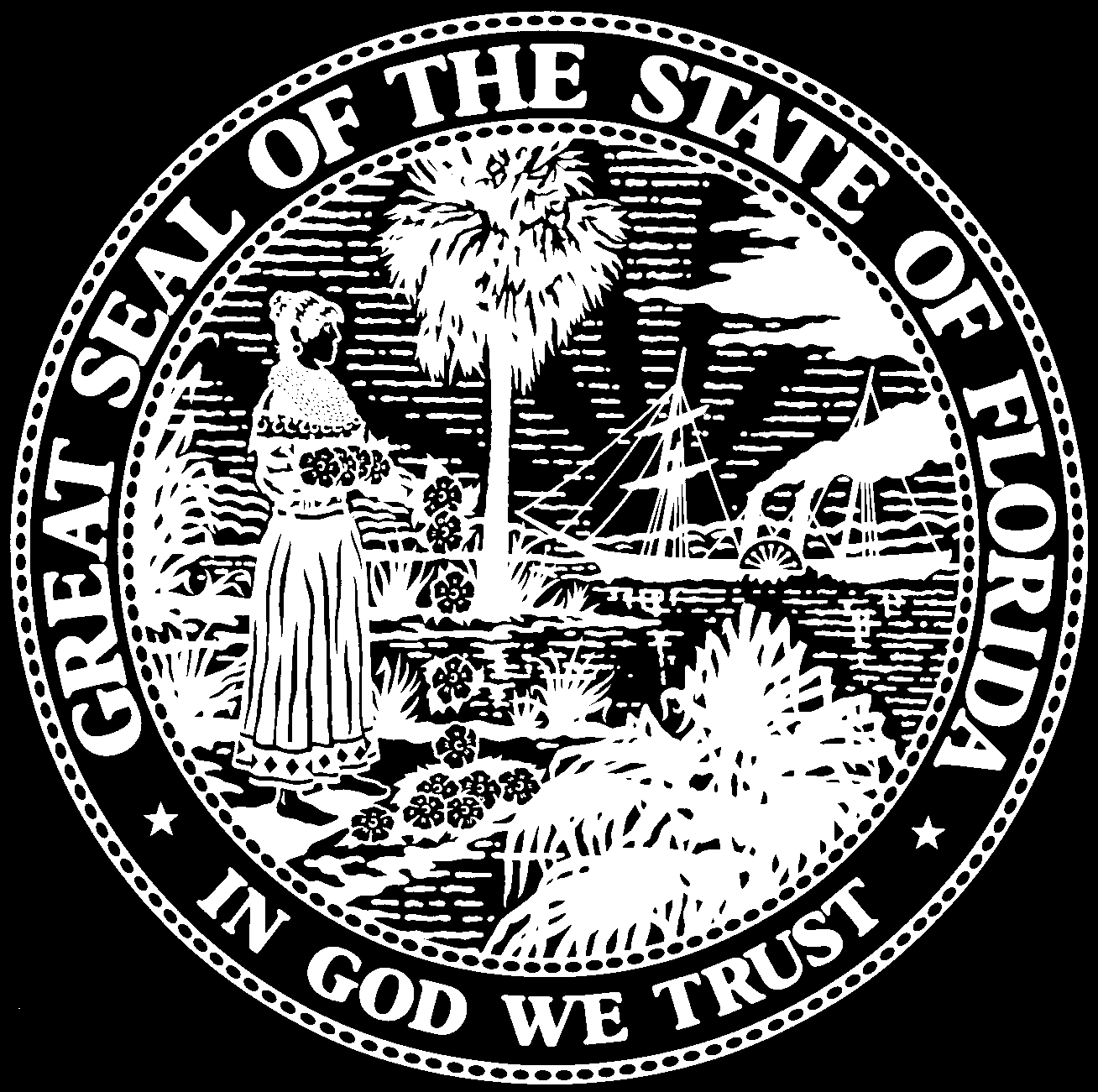FLORIDA DEPARTMENT OF EDUCATION
?
STATE BOARD OF EDUCATION
?
John L. Winn
Commissioner of Education
F. PHILIP HANDY,
Chairman
T. WILLARD FAIR,
Vice Chairman
Members
DONNA G. CALLAWAY
JULIA L. JOHNSON
ROBERTO MARTÍNEZ
PHOEBE RAULERSON
LINDA K. TAYLOR
MEMORANDUM
TO:
?
School District Superintendents
FROM:
?
John L. Winn
DATE:
?
December 8, 2005
SUBJECT:
?
Update on Highly Qualified Teacher Requirements for Exceptional Student
Education (ESE) Teachers
The U.S. Department of Education requires that only teachers who have met the highly qualified
requirements be allowed to teach core academic subjects. A state’s definition of a highly
qualified teacher (HQT) must be consistent with the No Child Left Behind (NCLB) Act and the
2004 Amendments to the Individuals with Disabilities Education Act (IDEA).
This memorandum and accompanying charts are being sent to further clarify Florida’s plan for
elementary ESE teachers and ESE teachers teaching to alternate achievement standards to meet
the highly qualified requirements and supersede any previous guidance regarding HQT status for
these ESE teachers. Included in these documents are the guidelines for a High, Objective,
Uniform State Standard of Evaluation (HOUSSE) for experienced elementary ESE teachers and
ESE teachers of alternate achievement standards, as well as a chart of additional options for these
teachers to become highly qualified.
Elementary Education
A recent finding from the Title II monitoring visit indicates that Florida has not met the highly
qualified requirement for some elementary ESE teachers. In section 602(10)(A) of IDEA 2004,
the term highly qualified for an elementary special education teacher has the same meaning
given the term in section 9101(23)(B)(II)(ii) of the Elementary and Secondary Education Act
(ESEA) of 1965. ESE teachers who are the teacher of record and who teach any elementary core
academic subject are required to meet the highly qualified requirements for general elementary
teachers in addition to the appropriate certification in ESE to match the ESE table in the Course
Code Directory.
325 W. GAINES STREET • SUITE 1514 • TALLAHASSEE, FL 32399-0400 • (850) 245-0505 • www.fldoe.org
Alternate Achievement Standards
Section 602(10)(C) of IDEA 2004 requires K-12 ESE teachers who teach core academic subjects
exclusively to children who are assessed against alternate achievement standards (students with
significant cognitive impairments) to meet the highly qualified requirements for elementary
teachers or the core academic subject areas appropriate for the level of instruction provided, in
addition to the appropriate certification in ESE to match the ESE table in the Course Code
Directory.
The middle/secondary course descriptions for ESE academic courses for students with
disabilities contain requirements and benchmarks that are correlated to the Sunshine State
Standards for a Special Diploma and are modifications of the regular Sunshine State Standards.
Students appropriately enrolled in these ESE academic courses are typically pursuing a special
diploma for graduation. Therefore, students with disabilities who are participating in the Florida
Comprehensive Assessment Test (FCAT) and are on a standard diploma track should only be
enrolled in ESE academic courses when those courses are used to provide remediation, not
primary instruction. Consequently, ESE teachers who have been teaching students on alternate
achievement standards in grades 7-12 under the ESE academic course codes may only use these
courses to meet the prior experience on the HOUSSE plan in elementary education, not in core
academic subject areas.
Multiple Subjects
Section 602(10)(D) of IDEA 2004 allows new ESE teachers two years after their date of
employment to demonstrate subject matter competency in the other subjects taught if they teach
multiple core academic subjects exclusively to ESE students, and if those teachers have already
met the requirements in mathematics, language arts, or science. In Florida, certification is not
offered at the elementary level in mathematics, language arts, or science, so this provision is
primarily applicable to middle/secondary core academic subject area ESE teachers. A new
teacher does not have the option of a HOUSSE plan.
Service Delivery
ESE teachers are considered highly qualified if they meet the requirements for certification on
the ESE table in the Course Code Directory when they are providing consultation, co-teaching,
or support facilitation services to teachers in the core academic areas. The general education
teacher who is certified in the core academic subject area is considered the content expert, while
the special education teacher is the provider of strategies and methods to assist students with
disabilities in accessing the content information. The ESE teacher is not the primary instructor of
the core academic content.
If you have questions relating to this memorandum, you may contact Lezlie Cline or Evy
Friend at 850/245-0478, or by email at lezlie.cline@fldoe.org or evy.friend@fldoe.org.
Enclosures
JW/lct

